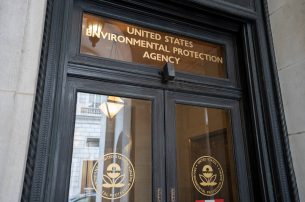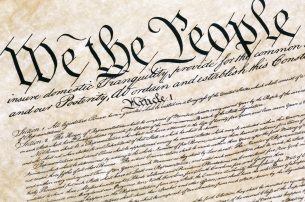Frank LoMonte Co-Authors Article on Constitutionality of School-Disruption Laws
Frank LoMonte, University of Florida College of Journalism and Communications Brechner Center for Freedom of Information director, is the co-author of “From After-School Detention to Detention Center: How Unconstitutional School-Disruption Laws Place Children at Risk of Prosecution for ‘Speech Crimes’” published in Lewis and Clark Law Review Vol. 25.1.


LoMonte and UF Law student and Brechner Center Research Assistant Anne Marie Tamburro write about the most subjective of all school-based offenses: “Disruption.” School-disruption laws are a series of state laws that prohibit and instill penalties for those found guilty of disturbing the operations of a school. LoMonte and Tamburro reference a recent Kentucky appellate case dismissing a First Amendment challenge to an especially open-ended “school disruption” statute. They trace how these statutes have been used to turn what was previously grounds for “at worst“ a suspension into a basis for arrest, prosecution and jailing.
According to the authors, “The focus of the article is on the constitutional infirmity of Kentucky’s statute and many of the other 25 school-disruption statutes across the country. This article is the first to give a granular examination of the constitutional weaknesses of these statutes up against the body of First Amendment precedent, starting with the Supreme Court’s Tinker standard that forecloses content-based punishment for speech unless it ‘substantially’ disrupts school.”
The authors found that Kentucky and several other states have statutes that expose students to criminal penalties based on a threshold lower than what the First Amendment would require to validate even a minor disciplinary sanction.
They conclude, “The Supreme Court clarification is desperately needed to curb the potential that vague, overbroad laws will be applied subjectively against students of color and those voicing contrarian criticism of their schools. Clarification is especially overdue at a time of renewed youth activism, as young people engage in marches and other acts of peaceful political expression that, under the worst state ‘disruption’ statutes, could constitute grounds for arrest.”
Posted: April 6, 2021
Category: Brechner News



